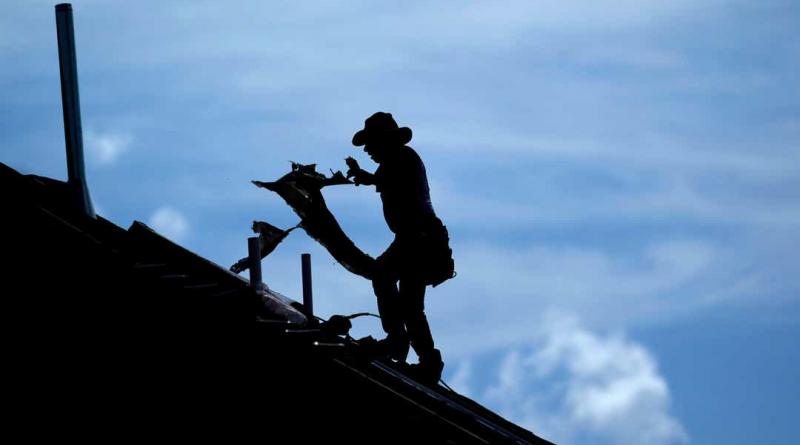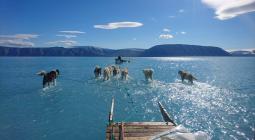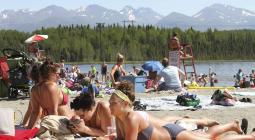Nights will provide little relief during brutal heat wave.

While high temperatures get most of the attention during a heat wave, it's the nighttime lows that can be a hidden danger because overnight heat can have a profound effect on human health.
The National Weather Service is predicting over 100 record warm nighttime temperatures over the next few days as lows only dip into the upper 70s over much of the central and eastern U.S.
In fact, according to AccuWeather, temperatures in many of the big cities may struggle to drop below 80 degrees at night, which then allows the heat to build at an even faster pace the next day. Nighttime humidity levels can be significantly higher than the afternoon as a result.
At those levels, nighttime provides little relief for people that may not have additional or adequate cooling resources and the body has to work harder to cool itself, according to University of Georgia meteorologist Marshall Shepherd
"Studies have shown that one of the main factors that lead to over 30,000 fatalities during the European heat wave of 2003 was elevated minimum temperatures," Shepherd wrote in Forbes this week. "One study published in the journal Environmental Health Perspectives noted that people, particularly the elderly, were more susceptible to death after being exposed to consecutive days of elevated nighttime temperatures."
That study also found that city dwellers were particularly vulnerable because of the additional contributions of urban heat islands (cities warmer than surrounding rural areas because of asphalt, other heat-retaining surfaces, lack of vegetation and waste heat), Shepherd said.
The inability of the atmosphere to cool off at night is a clear sign of global warming, driven by man-made climate change, the National Oceanic and Atmospheric Administration (NOAA) said.
"In general, since records began in 1895, summer overnight low temperatures are warming at a rate nearly twice as fast as afternoon high temperatures for the U.S.," NOAA said.
This week's heat wave will peak over the weekend with widespread highs near 100 degrees from Chicago to Boston. The worst of the heat is forecast to ease by early next week, returning temperatures back to more typical July levels, the weather service said.
* Title photo: A roofer works on a new home under construction Thursday, July 18, 2019, in Houston. A heat wave is expected to send temperatures soaring close to 100 degrees through the weekend across much of the country. The National Weather Service estimates that more than 100 heat records will fall on Saturday. Most will not be the scorching daily highs, but for lack of cooling at night, something called nighttime lows. Those lows will be record highs.David J. Phillip, AP
18 July 2019
USA TODAY



